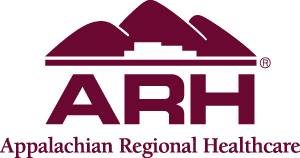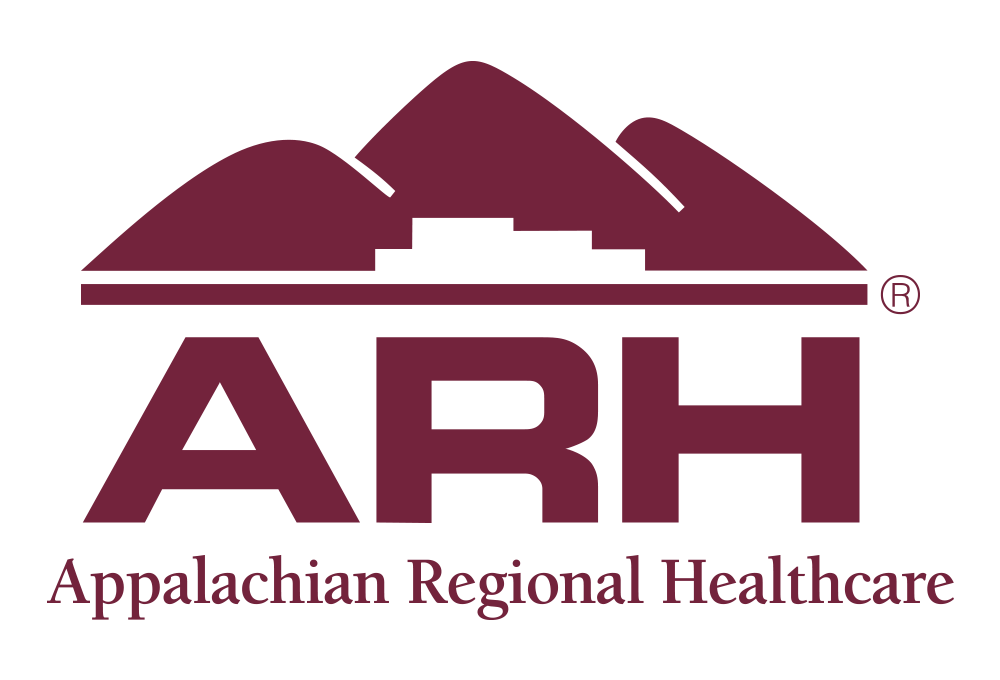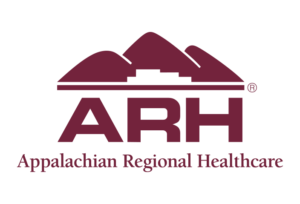
NEWS RELEASE – March 13, 2023
The Most Important Part of Medicine
March 13, 2023 – Dr. Jason Madey, neurologist at Highlands ARH Regional Medical Center in Prestonsburg, understands the importance of listening.
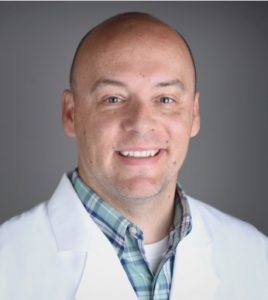 “I think sometimes the medical profession has forgotten the art of medicine. Bedside manner is the most important part of medicine. Occasionally, we as physicians fail to listen. That’s what I want my patients to know – that I am listening.” That was Dr. Jason Madey’s reply when asked what he would most like people to know about him.
“I think sometimes the medical profession has forgotten the art of medicine. Bedside manner is the most important part of medicine. Occasionally, we as physicians fail to listen. That’s what I want my patients to know – that I am listening.” That was Dr. Jason Madey’s reply when asked what he would most like people to know about him.
Providing medical care in the military field is where he learned one of his most valuable lessons. Madey says, “When it is just you, one on one with a patient, with no hospital or staff, well, that’s when I learned just how much care you can provide. That’s why I listen. In fact, I don’t use any computers in exam rooms. We talk. I know the patient’s test results before I go in the room. If you listen, patients tell you what is wrong. They provide the information we need to make a diagnosis so we can then make a plan to help.”
Madey says listening to patients and making sure that he explains what is wrong in ways that are the most understandable for that patient is what he has found helps them engage more and take ownership of their own care. He says, “Patients work harder to do what you ask when they truly understand why they need to do that.”
A native of Long Island, N.Y., Madey moved to South Carolina in high school and attended Coastal Carolina University for undergraduate studies and the Medical University of South Carolina for medical school.
Dr. Madey is no stranger to challenges. He was a first-generation college graduate. After medical school, Madey joined the Army, following his Vietnam veteran father’s footsteps, and is still on active reserve. After training, Madey served in areas from Germany and the Mojave Desert to stateside in Virginia. He was posted in Northern Virginia, just outside of Washington DC, where he was chief of neurology while serving at Fort Belvoir. He remains an assistant professor of neurology for the Uniformed Services University for Health Services (USUHS).
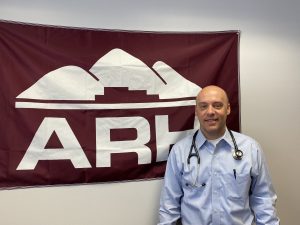 Living in the north and the south, in and outside of cities, Madey sees that where you are can make a difference when it comes to the availability of advanced healthcare services. “One of my goals is to bridge the gap,” he says, referring to the challenge of access to healthcare gap created by the critical shortage of neurologists nationwide. He wants patients to know that he is here and can see patients in person, and that additionally, patients can be seen through telemedicine. Madey says, “One of the biggest reasons for readmissions (to the hospital for patients with neurological issues) is that they don’t get the follow up care they need.” In his experience he has seen that when patients aren’t able to get an appointment for 6 to 8 months or have to travel long distances for an appointment that they are less likely to follow up with their care. “That’s what I want people to know – that I am here and I can see them.”
Living in the north and the south, in and outside of cities, Madey sees that where you are can make a difference when it comes to the availability of advanced healthcare services. “One of my goals is to bridge the gap,” he says, referring to the challenge of access to healthcare gap created by the critical shortage of neurologists nationwide. He wants patients to know that he is here and can see patients in person, and that additionally, patients can be seen through telemedicine. Madey says, “One of the biggest reasons for readmissions (to the hospital for patients with neurological issues) is that they don’t get the follow up care they need.” In his experience he has seen that when patients aren’t able to get an appointment for 6 to 8 months or have to travel long distances for an appointment that they are less likely to follow up with their care. “That’s what I want people to know – that I am here and I can see them.”
While now devoted to the specialty, Dr. Madey admits he didn’t start out to be a neurologist.
“Thankfully, [in medical school] you get exposed to different areas of medicine and it gives you the opportunity to see what you like. When I got to my neurology rotation, everything we had been studying in the textbooks about neurology became clear. I was excited to go to work every day and see my patients. This is when I knew that neurology was the path I wanted to take. I found a passion for it. I loved teaching neurology to my patients so that they really understood what was going on.”
Never one to stop learning, Dr. Madey is striving to become more proficient in stroke care. Stroke victims are one of the most common types of patients for neurologists to see and strokes are one of the leading causes of death in the United States. “I’m still involved in academia as I teach neurology to residents once or twice monthly at Walter Reed National Military Medical Center but I am passionate about bringing awareness to people as the primary prevention is the best strategy.”
And when a stroke or injury has occurred, Madey says, “The brain is the motherboard of your body, the part that makes you who you are.” Where the issue is occurring in the brain determines the degree of impact, Madey says, noting that issues in certain areas cause bigger problems like loss of speech while an issue in another area may cause a small consequence. But the amazing thing is that many times the body adapts.
“Imagine a car accident on the road ahead. You still go to your destination as you go around the accident, the route is just a little different. The brain can do that too over time!”
Now married over two decades, he and his wife Rebecca began their family as teenage parents. Dr. Madey says, “We had Noah before college, Isaac during college (Coastal Carolina University), I delivered Grace when I was a third-year medical student at the Medical University of South Carolina (MUSC), and Libbie Kate (Elizabeth) came along almost 10 years later.”
His military experience influenced his decision to work for ARH. Dr. Madey says, “I have been given some wonderful opportunities and I felt there was no better way to utilize my skills than to give back to people who really need me. Outside city areas, people deserve access to all the different aspects of healthcare they need. ARH is working to ensure that is available to the folks here.”
Dr. Madey says that now that he’s here, his favorite thing about working for ARH is the welcoming culture.
###
Appalachian Regional Healthcare (ARH), is a not-for-profit health system operating 14 hospitals in Barbourville, Hazard, Harlan, Hyden, Martin, McDowell, Middlesboro, Paintsville, Prestonsburg, West Liberty, Whitesburg, and South Williamson in Kentucky and Beckley and Hinton in West Virginia, as well as multi-specialty physician practices, home health agencies, home medical equipment stores and retail pharmacies. ARH employs more than 6,500 people with an annual payroll and benefits of $330 million generated into our local economies. ARH also has a network of more than 600 active and courtesy medical staff members. ARH is the largest provider of care and the single largest employer in southeastern Kentucky and the third-largest private employer in southern West Virginia.
